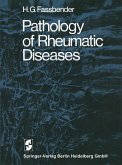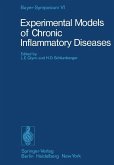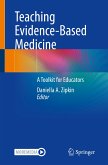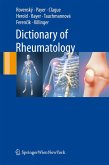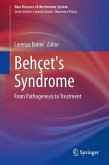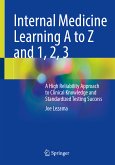Academic geriatnclans are always looking for an improved objective, quantifiable measure of biological ageing in humans to replace that unphysiological and arbitrary scale 'years survived'. The MCQ may be the nearest we have come yet to achieving this Holy Grail. An individual's facility with the setting and answering of MCQs separates the medical genera tions more surely than years. I am only grateful I was educated in a less rigorous but perhaps more 'gentlemanly' era. If one appeared before an examiner neatly dressed with clean finger nails and the examination scripts were literate essays written in fountain pen then you were in - or so it seemed. For the past 20 years we have been evolving towards much more objective and rigorous assessment of knowledge and understanding of medicine of both undergraduate and postgraduate students. This process has been exemplified by the evolution of what is now the seemingly ubiquitous MCQ. When initially presented as objective and quantifiable measures of clinical knowledge MCQs were the subject of scorn - how could they assess the art of medicine - the grey areas of clinical decision making? However they very rapidly overcame this antediluvian scepticism and I believe they have had an effect well beyond the limited area of competence measurement. They have induced or at the very least contributed to a shift towards a more rigorous, dare one say more scientific, approach to clinical medicine.
Dieser Download kann aus rechtlichen Gründen nur mit Rechnungsadresse in A, B, BG, CY, CZ, D, DK, EW, E, FIN, F, GR, HR, H, IRL, I, LT, L, LR, M, NL, PL, P, R, S, SLO, SK ausgeliefert werden.



